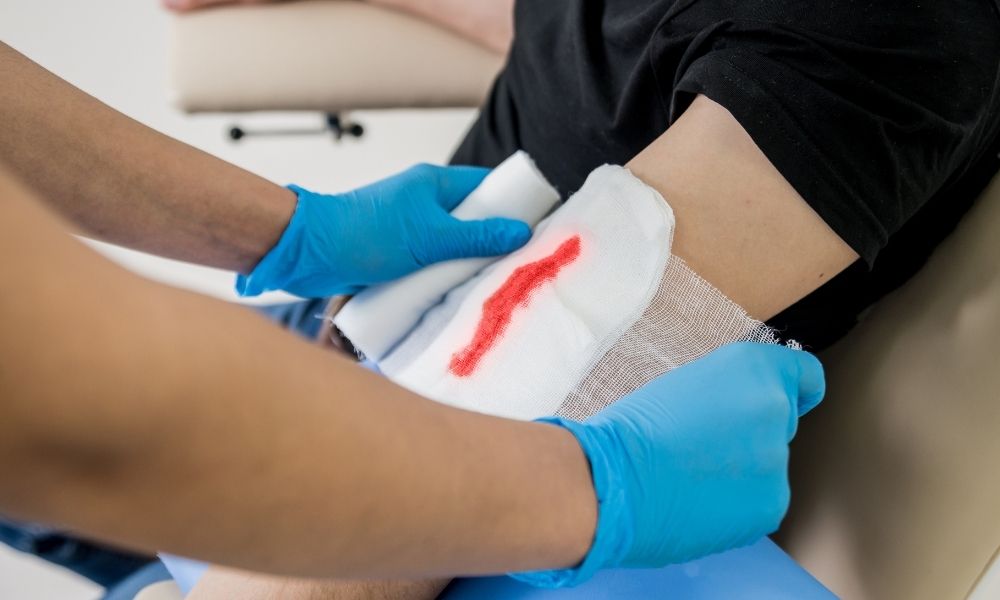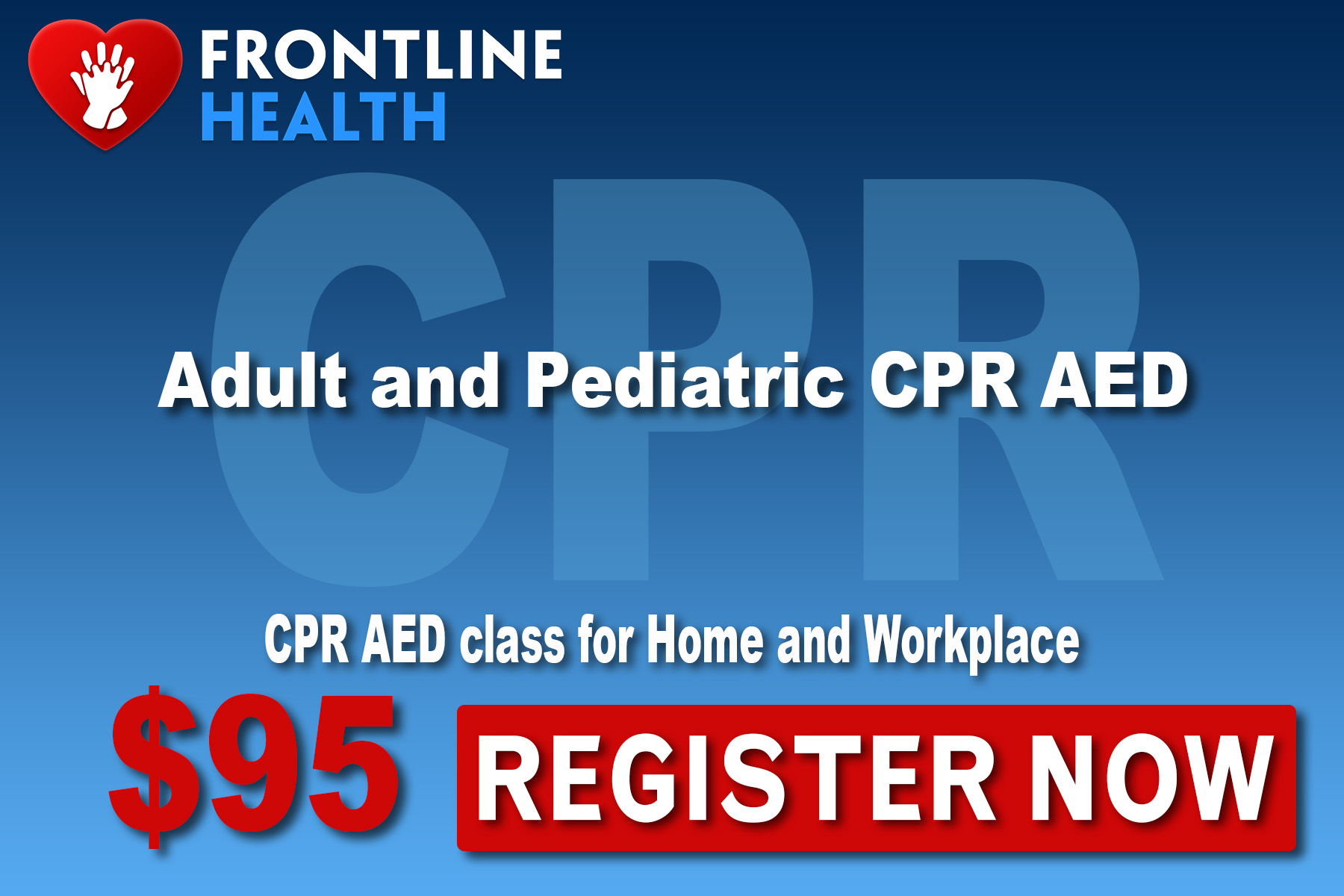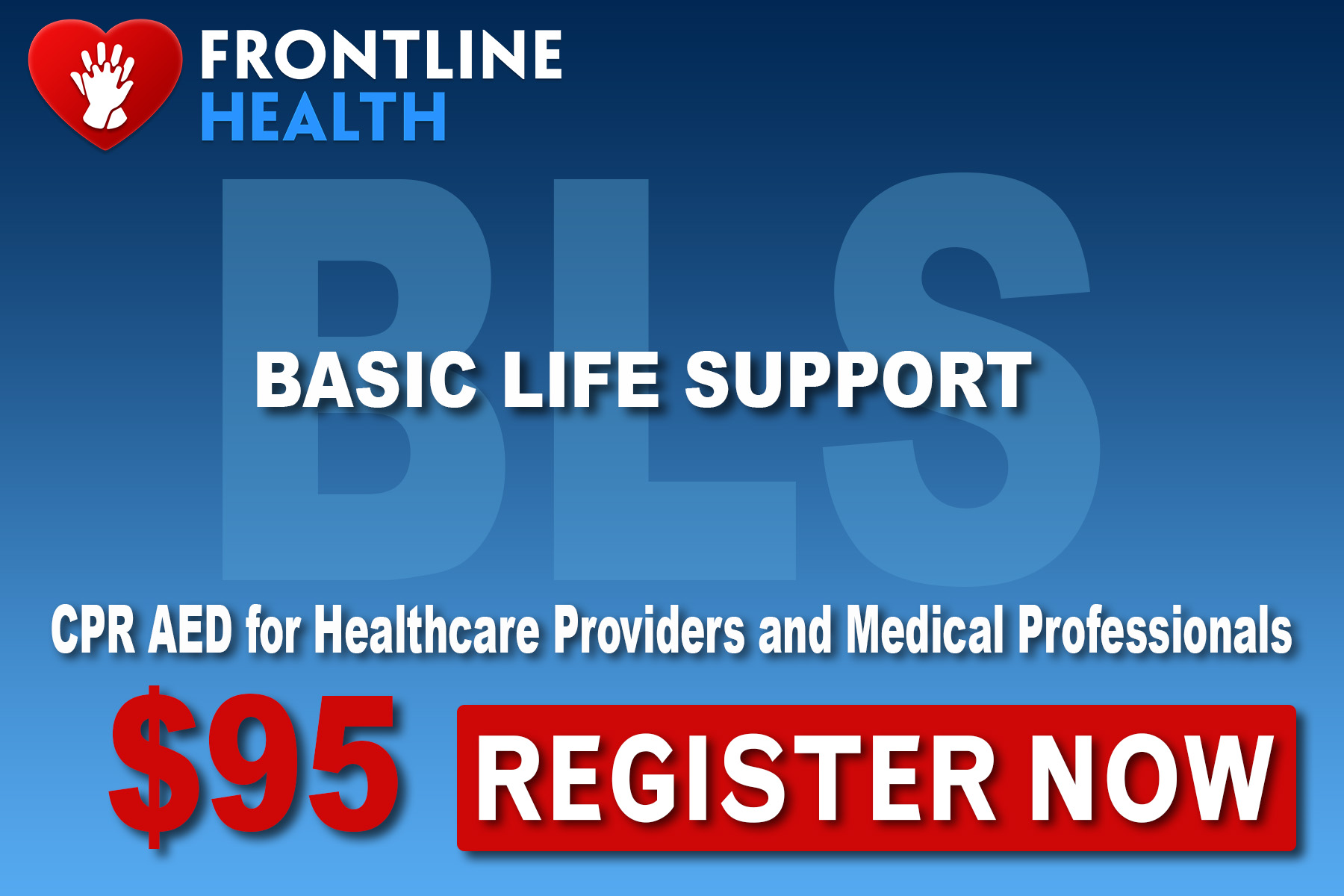Important Skills To Have When Administering First Aid
- Aug 09, 2021
Imagine that you’re working at your office, eating dinner at your table, or walking down the road. Then, one moment, you hear a thud, and a coworker, family member, or stranger collapses. What will you do? How will you help them in this moment of crisis? Here are the most important skills to have when administering first aid.
Know CPR
The most important lifesaving skill is CPR, or cardiopulmonary resuscitation. This technique can pump blood and oxygen to the brain and vital organs of an unresponsive person. If you want to grow your knowledge, the best way to do so is by obtaining a first aid CPR AED training certification with an organization like Frontline Health. Our team conducts frequent first aid training, so sign yourself up today.
Know How To Handle Choking
Choking is a common and life-threatening situation. If you've ever had a piece of food go down the wrong way, you know the panic of not being able to breathe. Choking is scary for the person with a blocked airway. It’s up to bystanders like you to administer first aid to clear the blockage. The simplest method for doing this is to provide abdominal thrusts, which involves standing behind the person, placing your fist just above the navel, grasping your fist with your other hand, and giving forceful thrusts in and up at about a 45-degree angle. The pressure and force can often dislodge the item.
Know Allergy Response
Another common medical emergency is severe allergic reactions. If you want to help someone who has a severe reaction to something like peanuts or bee stings, you should know how to administer an epinephrine auto injector. Imagine a person whose airway is swelling shut, and their only hope is an EpiPen. Taking a first aid course will teach you how and when to use this lifesaving medical device.
Know Wound Care
Those administering first aid must know how to treat abrasions, lacerations, and punctures wounds. Abrasions are superficial skin wounds that require washing with soap and water and application of a small bandage. Lacerations are a bit more challenging; these wounds can have smooth or jagged edges that go deeper than an abrasion. To stop the bleeding from a laceration, use firm direct pressure and apply a clean dressing. Cover the dressing with a bandage and have the person follow up with a healthcare provider or go to an urgent care center. Due to their complexity, lacerations will likely need stitches for proper healing. Puncture wounds occur when an object penetrates deeply through the skin. These wounds will require a visit to an urgent care center because the object and bacteria can end up deep inside the wound.
Remember these important skills to have when administering first aid. Contact us at Frontline Health to find the best class for your professional or personal safety needs.




